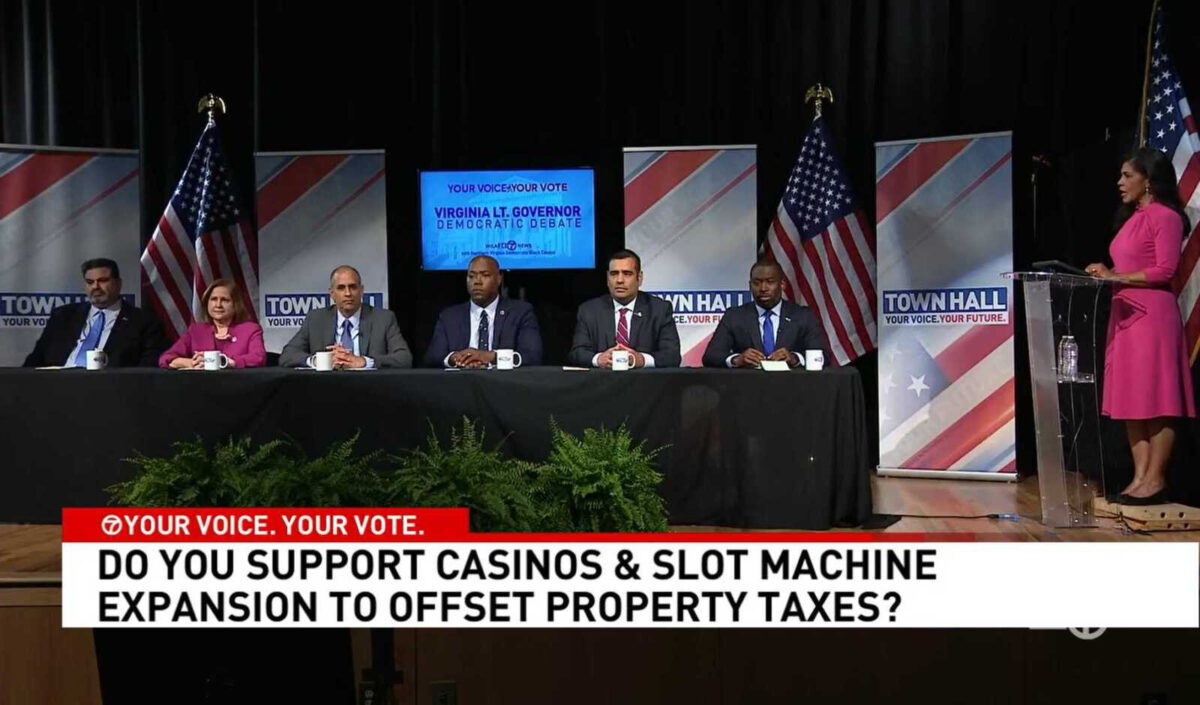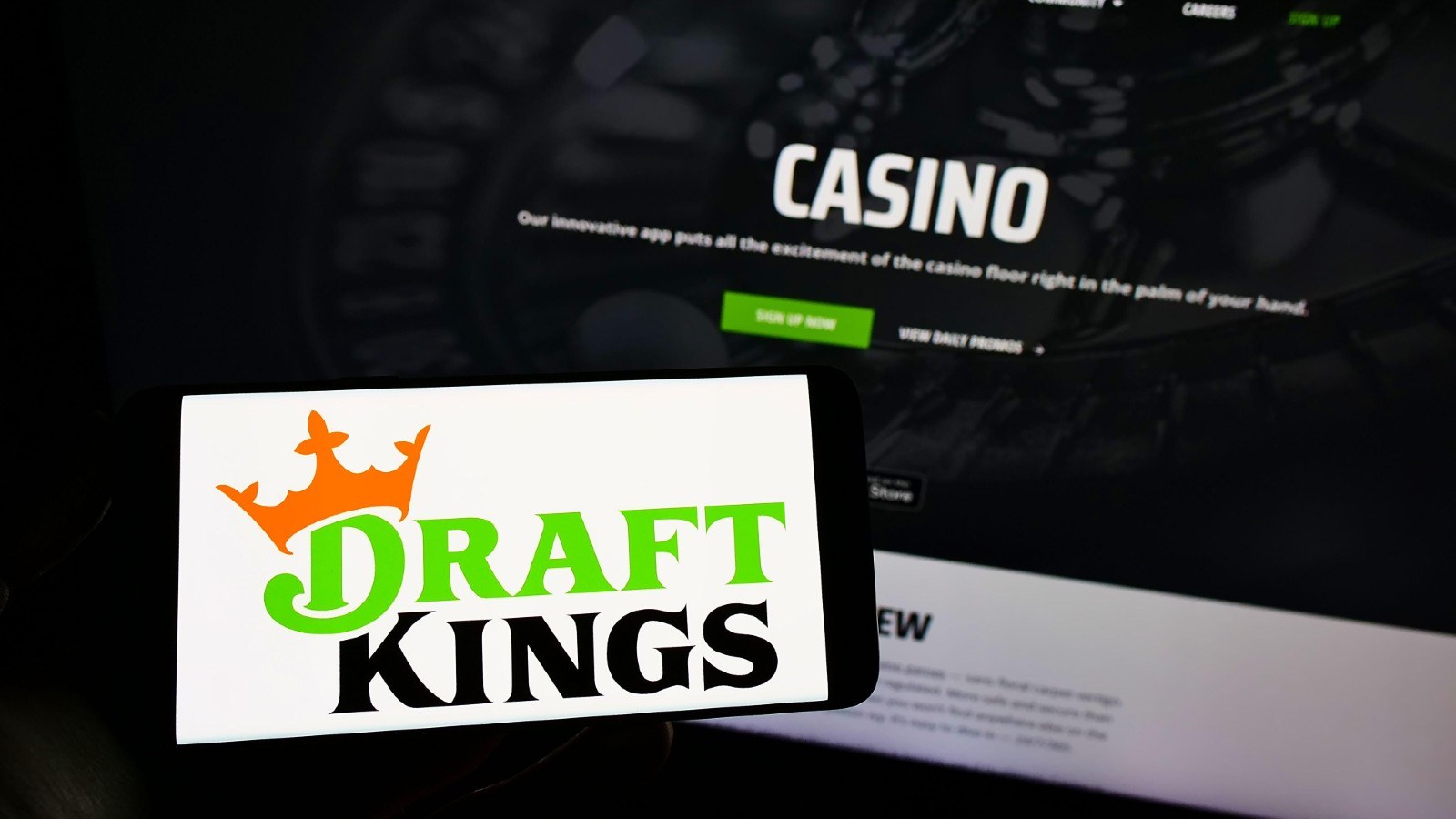In modern cycling, sponsorship has become indispensable. Teams and events largely rely on financial support from companies that want to profile themselves in the dynamic and internationally visible world of cycling. Casinos and other gambling companies have received extra attention in recent years, partly due to their strong marketing budgets and the growing popularity of online gambling.
This casino sponsorship has brought both opportunities and challenges. On the one hand, the funds from gambling companies are a welcome support for cycling teams, allowing them to focus on professionalization and talent development. On the other hand, the collaboration with gambling providers brings new responsibilities, for example in the field of advertising and the social impact that gambling can have.
Due to the extensive legalization of online gambling in various countries, the number of visible casino sponsors in the cycling world has increased. Especially in the Netherlands – where legislation has recently been relaxed but will soon become stricter again – online gambling companies have entered the cycling sport.
Historical context of sponsorship in cycling
It is interesting to see how sponsors have developed. Brands that were directly linked to cycling, such as bicycle factories, have moved into all kinds of other sectors. Think of banks, insurers, supermarkets and telecom companies. This diversification shows how attractive cycling is for various companies: the sport stirs emotions and has a loyal following.
However, criticism has also arisen over time. If the sponsor exerts too much influence, this can conflict with the independence of the sport. The current discussion about gambling advertisements is an example of this. The balance between commercial interests and the integrity of the sport must be found again and again. Casino sponsorship is therefore a current topic that elicits different opinions.
The role of gambling companies in sponsorship
Gambling companies, such as online casinos and bookmakers, have acquired a unique position in the sports world. They often have large budgets that they invest in advertising, sponsorship agreements and fan engagement campaigns. This allows them to quickly and effectively increase their reputation, especially in popular sports such as football and cycling.
At the same time, gambling advertising is a sensitive issue. Critics fear that the visibility of gambling companies can lead to problematic gambling behavior or irresponsible gaming behavior. That is why governments worldwide are creating laws and regulations to prevent excesses. In the Netherlands, these rules are in flux, which has a direct impact on the cooperation between casino sponsors and cycling teams.
Team Jumbo-Visma and the collaboration with BetCity
This partnership immediately caught the attention of the media and fans. Betting and cycling have not always had a smooth relationship, partly because the sport had to protect itself against fraud and match-fixing in the past. Nevertheless, Team Jumbo-Visma saw BetCity as a reliable partner, partly due to BetCity’s official license in the Netherlands and the shared goal of promoting responsible gaming.
The contract between Jumbo-Visma and BetCity runs until 1 January 2025. This is a remarkable date, as the Dutch government is working on stricter regulations regarding gambling advertising and sponsorship. As a result, the duration of the collaboration is subject to public scrutiny. Nevertheless, both parties emphasise their intention to adhere to all legal guidelines and to contribute positively to cycling.
Dthe Eleven Cities Race in Friesland and BetCity
In addition to co-sponsoring Team Jumbo-Visma, BetCity is also involved in the Elfsteden Race, a cycling race in Friesland. This race is firmly rooted in traditional Frisian culture, which gives the event a special character. Since 2023, BetCity has been the main sponsor of the Elfsteden Race, which is why the race is now known as the BetCity Elfstedenrace.
The partnership has been established for three editions, with the last one planned for March 2025. The sponsorship means that the organisation of the Elfstedenrace can count on extra budget for promotion, course improvements and professional facilities. This contributes to the growth of the race and increases its appeal for both national and international riders.
BetCity sees the Elfstedenrace as an opportunity to strengthen its name recognition in the region and the national cycling world. The connection with this Frisian classic fits in with BetCity’s ambition to appeal to a broad, sporty target group. At the same time, the sponsor emphasizes that responsible gambling is a top priority, and that with visibility comes a duty of care.
The future of casino sponsorship in cycling
The future of casino sponsorship in cycling has become more uncertain, however, due to the intense public debate about the risks of gambling advertisements. Many cycling fans appreciate the financial support, but also advocate transparency and stricter regulation. They want to prevent young people or vulnerable groups from coming into contact with tempting gambling advertisements too easily.
Legislation and restrictions from 2025
In the Netherlands, stricter legislation will come into effect from 1 July 2025, prohibiting gambling companies from sponsoring sporting events and teams. This measure has direct consequences for all current agreements, including those of BetCity with Team Jumbo-Visma and the Elfstedenrace. Both contracts will in principle end on or before that date, which makes the timing not exactly coincidental.
The law was introduced to protect vulnerable groups, especially young people, from the risks of excessive gambling. Now that gambling companies have invested heavily in sports sponsorship in a short period of time, the government has become alert to the potential negative consequences of this. Critics, in turn, fear that the new legislation could lead to a funding gap in the sports world.
The debate is not over yet. Some cycling enthusiasts regret the departure of large gambling companies, because they bring significant investments. Others see the new rules as an opportunity to purify the sport of advertising expressions that are not always in the interest of a young and enthusiastic cycling public. The coming years will have to show how the sport will cope with these changes.





